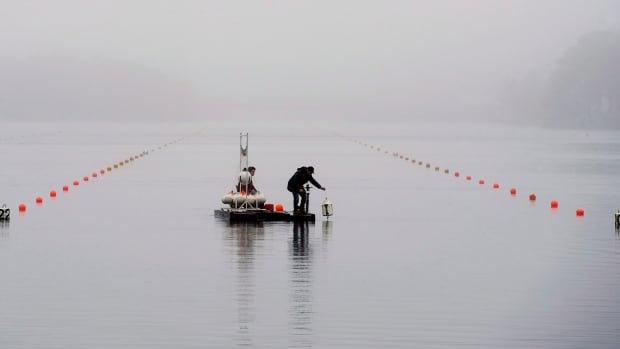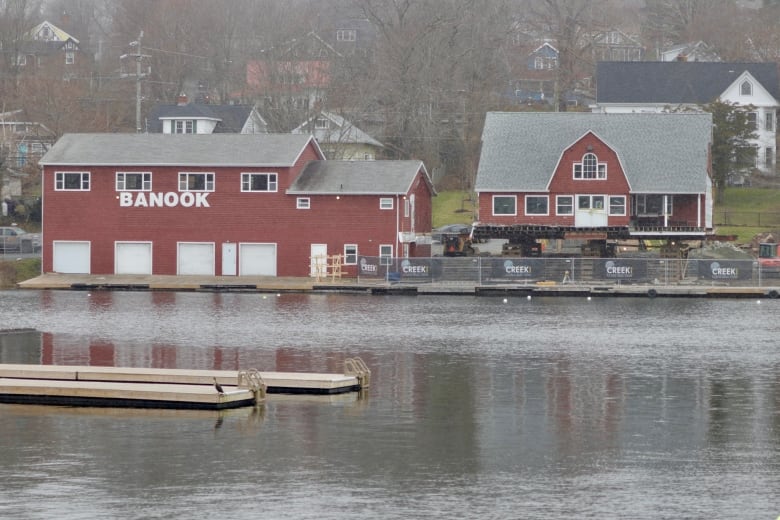
Halifax is exploring ways to limit the salt ending up in the region’s waterways, after new data showed high levels of salinization in more than a dozen freshwater lakes.
On Tuesday, municipal staff brought 2022 and 2023 results from the LakeWatchers Program, which monitors about 70 of Halifax’s roughly 1,000 lakes through samples collected by consultants and volunteers.
Average deepwater levels for 10 lakes exceeded national long-term guidelines for chloride (salt), with urban lakes Lovett, Banook and Micmac in the top three. Lovett had an average of 230 milligrams of chloride per litre, nearly double the guideline limit of 120 milligrams.
Eight more lakes are very close to the limit.
“Obviously this is a concern for the life that lives in those lakes,” Chris Kennedy, municipal co-ordinator for the monitoring program, said during the meeting.
The report said besides harming plants or fish, too much salt can make the water denser and disrupt the lake’s natural mixing cycle. This could reduce oxygen while increasing nutrients in the water, leading to more algae and weeds, which are a major nuisance in Lake Banook.

Kennedy said it makes sense that lakes in more developed areas are seeing increased levels of nutrients and salt, because stormwater carrying road salt and brine is swept directly into lakes rather than sinking into soil or shoreline plants.
Although Halifax has made some changes in recent years around how it distributes salt, like using liquid brine on the roads, Kennedy said the municipality could do more.
Halifax council asked staff to review the municipality’s salt management plan and look into stormwater policy changes that could limit salt. Those could include having new stormwater discharge locations set back from bodies of water, or naturalized shorelines with more greenery to absorb salt.
Urging provincial government to act
Mayor Andy Fillmore will also write to the provincial government to urge it to bring in standards for stormwater.
Kennedy said standards are key, and would mean Halifax Water could upgrade its stormwater systems to reduce salt. Right now, he said the utility can’t spend money on those changes because Nova Scotia Utility and Review Board rules don’t allow spending on anything that’s not provincially directed.
The province made it a priority to set water quality standards and guide activities that affect water quality, under the Environmental Goals and Climate Change Reduction Act of 2021.
“Unfortunately we haven’t heard or seen much movement on that and fear it may be stagnating,” Kennedy said.
The standards are supposed to be in place by 2026.

